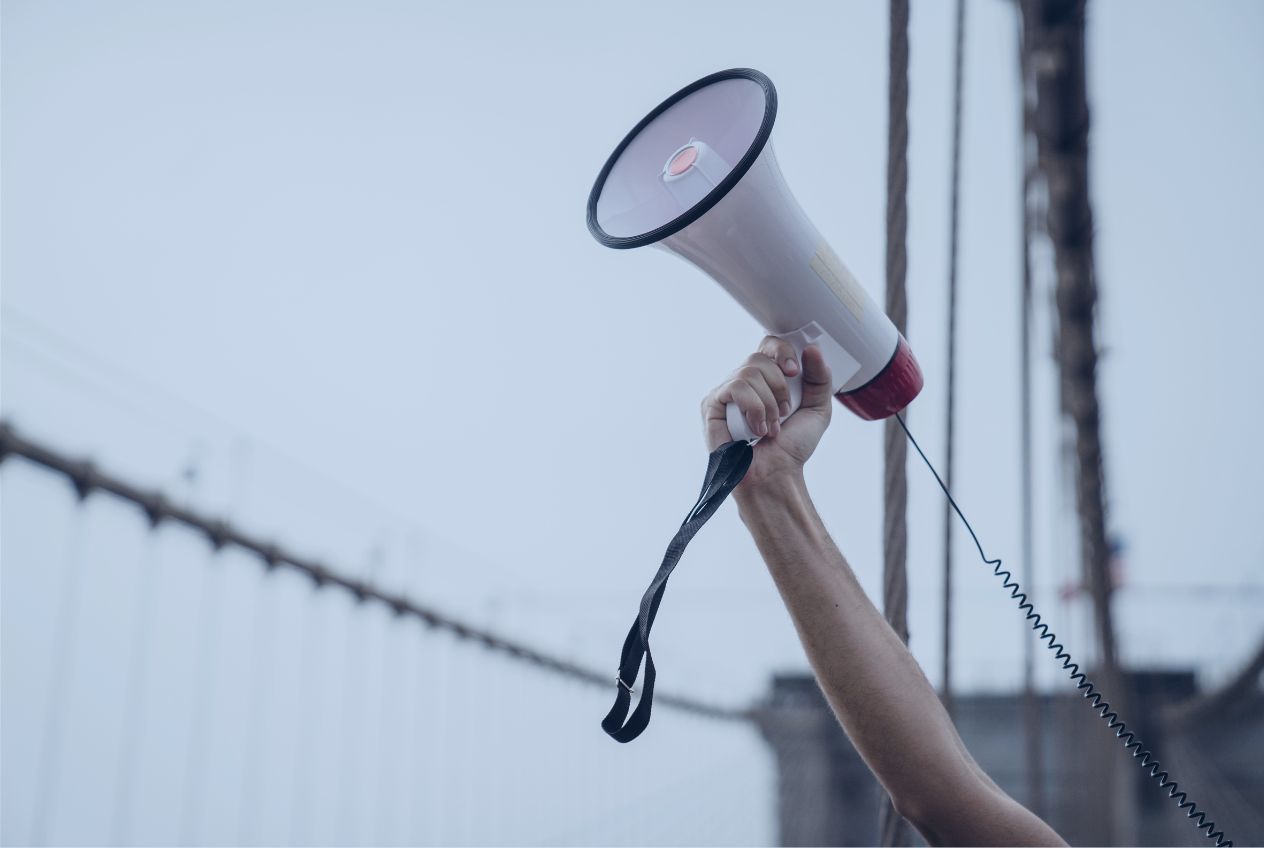In the rapidly evolving landscape of technology and innovation, companies are constantly seeking new avenues to drive progress and enhance consumer experiences. Recently, Amazon’s announcement of its intent to acquire iRobot has sparked debates and concerns, particularly in the European Union (EU). As the Managing Director of the Consumer Choice Center, I believe it is important to examine the potential benefits this acquisition can bring to both consumers and the future of innovation.
Amazon, renowned for its customer-centric approach, has consistently delivered innovative solutions that improve convenience and efficiency. With iRobot’s expertise in robotic technologies and their popular Roomba line of robotic vacuum cleaners, this acquisition presents an opportunity for Amazon to further augment its smart home ecosystem. By integrating iRobot’s technologies, Amazon can enhance the overall consumer experience, enabling seamless automation and interconnectivity within households.
Combining the resources and expertise of Amazon and iRobot can be a catalyst for technological advancements and cutting-edge innovations. By leveraging Amazon’s extensive infrastructure and global reach, iRobot’s research and development capabilities can be supercharged, leading to faster iterations and more refined products. This synergy would benefit consumers by bringing new and improved smart home devices to market, allowing them to enjoy the advantages of a connected lifestyle.
Competition and Consumer Choice
Critics argue that Amazon’s acquisition of iRobot could stifle competition and limit consumer choice. However, it is crucial to recognize that the tech industry is characterized by intense competition and continuous disruptions. Rather than impeding competition, this acquisition has the potential to foster healthy competition by encouraging other players to innovate and introduce their own unique offerings. Additionally, Amazon’s commitment to open ecosystems and interoperability ensures that consumers are not locked into a single platform, allowing them the freedom to choose from a wide array of smart home devices.
Privacy concerns have become increasingly significant as technology advances. However, it is important to note that the responsibility of protecting consumer data lies with the acquiring company. Amazon, as a major player in the industry, has a proven track record of safeguarding customer information and complying with data protection regulations. With appropriate checks and balances in place, the acquisition of iRobot can serve as an opportunity for both companies to demonstrate their commitment to data privacy and security, ensuring that consumer trust remains intact.
In recent years, the EU has taken a cautious approach to mergers and acquisitions involving tech giants. While regulatory scrutiny is essential, it is equally important to strike a balance between consumer protection and fostering innovation. Halting the acquisition of iRobot by Amazon based on speculative concerns could impede progress and hinder the development of new technologies. Instead, regulators should focus on ensuring fair competition, transparency, and accountability in the market, enabling companies to innovate while protecting consumer interests.
The acquisition of iRobot by Amazon presents an exciting opportunity to unlock the true potential of smart home technology. By leveraging their respective strengths, these companies can create new possibilities, enhance consumer experiences, and drive technological progress. It is imperative for regulators, particularly in the EU, to carefully evaluate the potential benefits this acquisition can bring to consumers and innovation, while also safeguarding competition and consumer choice. Embracing the future requires an open and forward-thinking approach, allowing companies to push boundaries and deliver transformative solutions that improve lives.




